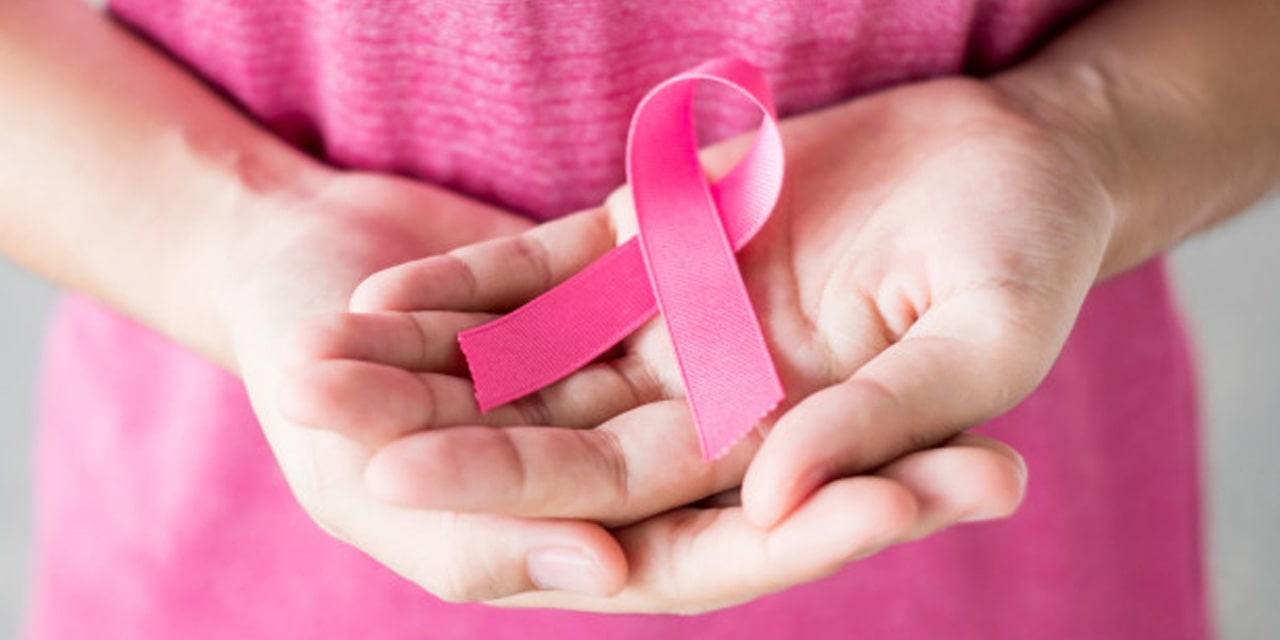Clifton Movirongo
The cases of breast cancer in Namibia are increasing at an alarming rate with over 500 new cases reported annually. At an interview on Friday, Head of the Department (HoD) of Medical Oncology at the Windhoek Central Hospital Dr Annelle Zietsman has warned of the burgeoning rate of breast cancer cases over the last three of years.
“Breast cancer is the number one cancer in the country. There are more than 500 new cases of breast cancer recorded every year. The main cause of breast cancer in less than 10 percent of the cases is hereditary. They have a close family history of breast cancer cases.
“However, more than 90 percent of breast cancers it’s not a hereditary factor but it is lifestyle factors like smoking, excessive intake of alcohol. This is defined as more than one glass of wine per day,” the HoD said.
Dr Zietsman disclosed that while the general rate of cancers are rising, Kaposi’s sarcoma (KS), which is a type of cancer that people with HIV/AIDS often get, is not.
“If HIV/AIDS patients take their HIV medication then they can prevent certain cancers like Kaposi’s sarcoma which is an HIV-related type of cancer. So, that particular cancer is actually decreasing because more people are taking their HIV medication. They do not get those HIV cancers,” Dr Zietsman told the Windhoek Observer.
KS is mostly seen in people with an advanced HIV infection and it is caused by a virus called the human herpesvirus 8 (HHV-8), also known as the Kaposi’s sarcoma-associated herpesvirus (KSHV). The virus is thought to be spread during sex, through blood or saliva, or from a mother to her baby during birth and it affects the skin and mouth, and sometimes the internal organs.
Breast cancer forms in the cells of the breasts and it occurs mainly in women, but men can get it, too. Many people do not realize that men have breast tissue and that they can develop breast cancer. Types of breast cancer include ductal carcinoma in situ, invasive ductal carcinoma, inflammatory breast cancer, and metastatic breast cancer.
Moreover, Zietsman says that obesity and lack of exercise are huge risk factors for breast cancer. Other risk factors include hormone replacement therapy, exposure to very high levels of radiation and advanced age, she said.
Prevention of breast cancer is easier when you are aware of the risk factors, “this includes having a healthy diet (with a low sugar and low fat), regular exercising to avoid being obese, and limiting the consumption of alcohol.”
“Other prevention strategies for breast cancer include creating awareness, education, keeping your Body Mass Index (BMI) below 25, getting enough sleep and no smoking.”
Meanwhile, the cancer treatment expert said stress does not cause cancer directly but indirectly it can be a risk factor. “Chronic stress like your family member getting sick or is dying or whether it’s COVID-19 whatsoever, this gives an overproduction of adrenaline and other hormones which cause chronic inflammation and this can cause cancer.”
Additionally, chronic inflammation can cause lifestyle diseases such as obesity, high blood pressure, stroke, diabetes, and coronary heart disease (CHD).
“To reverse chronic inflammation, you have to change your lifestyle. I think every single Namibian whether it’s male or female, old or young should be more aware of breast cancer because it’s such a common disease. So, the children in school should learn about breast cancer and for the ladies I will encourage them to self-examine their breast after menstruation from when they are teenagers onward.
Regular mammograms and sonars are the best tests doctors have to find breast cancer early, sometimes up to three years before it can be felt.
Dr Zietsman consequently said people should start screening earlier, “especially if your family has history of breast cancer.”
According to the Namibian Cancer Registry statistics, Namibia recorded 558 cases of breast cancer in 2014, 546 in 2015, 539 in 2016, and 516 in 2017.
Quizzed on the availability of latest cancer statistics, Chief Executive Officer (CEO) of Cancer Association of Namibia (CAN) and Director of Namibia National Cancer Registry (NNCR) Rolf Hansen, said the cancer data is always about 2 to 3 years behind because it is a huge expense for cancer epidemiology offices and CAN to update with insufficient financial support.
“It [cancer data reporting and analysis] is very intensive and costly for CAN as we have to do it from our funds. Government does not pay us or support us at all,” he complained to the Windhoek Observer.




